Here are the 9 confusing terms accountants use for your small business and what they mean.
Accountants sometimes like to use big words with clients, normally one’s that would score highly on countdown.
I thought I would break down some of the lingo and explain in layman’s terms what they actually mean. So you don’t have to do the Churchill nod when your accountant throws a big word at you. Ohhh yes! (Here’s the advert if you’re too young)
Let’s get stuck in!
To download the PDF click on the image or here >>>
9 confusing terms accountants use and what they mean
9 confusing terms accountants use
Accrual – Including a cost or revenue in your accounts which you expect to incur or receive e.g. an accountancy bill.
Capital expenditure – When you have spent money on a long-term cost that is an asset e.g. a vehicle or computer, which then goes on your balance sheet rather than a cost in your profit and loss.
Creditors – Or payables, this is how much money you owe to your suppliers. An easy way to think of it is they have given you CREDIT.
Debtors – Or receivables, this is how much money your clients owe you.
Deferred income – Income that you have invoiced or received in this period, but the work hasn’t been delivered yet.
Depreciation – You purchase an asset, but rather than the whole cost hitting your profit & loss, the asset is depreciated over the predicted life, so only a portion of it is a cost each year.
Prepayment –This is when you have too much of a cost in this year’s accounts and some of that needs including in next year, e.g. If you paid for a year of insurance a few months before your year-end.
Retained earnings – This is the sum of all the profit you have generated so far in your business, minus tax and dividends. To take dividends, there needs to be sufficient retained earnings.
Revenue expenditure – Costs associated with the day to day running of the business. Short term costs and different to capital expenditure. Capital may be a printer when revenue expenditure could be the ink.
I hope you’re still awake and it’s now clearer what some of the most common accountancy terms mean. I record a weekly video giving you accountancy and bookkeeping tips, which answers key questions in more details, here’s a few you may like:
When do I need to register for VAT?
What is a director’s loan account?
Are you using your tax free dividend allowance?
If you’re looking for an accountant in Lichfield who speaks in laymans terms with no stuffy accountancy speak. Get in contact to book a discovery call.

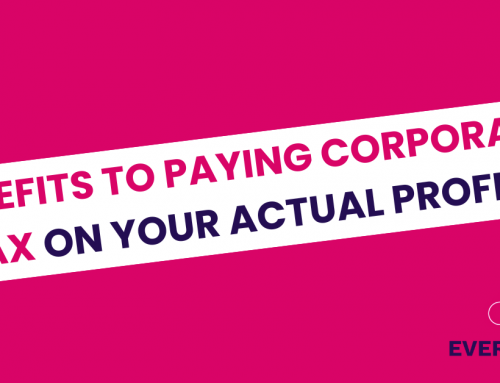
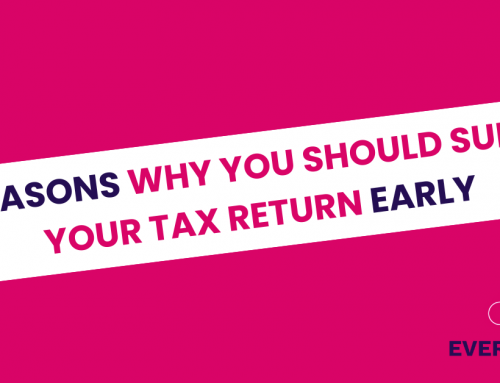
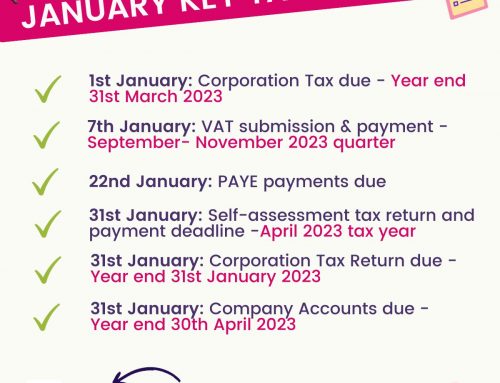
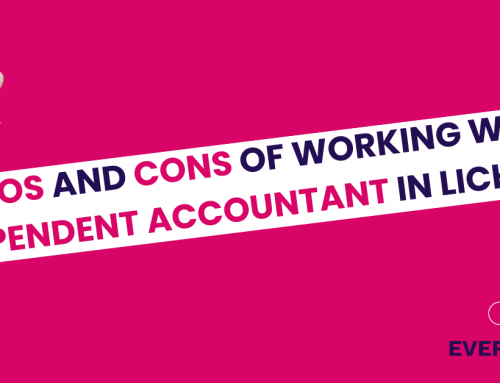
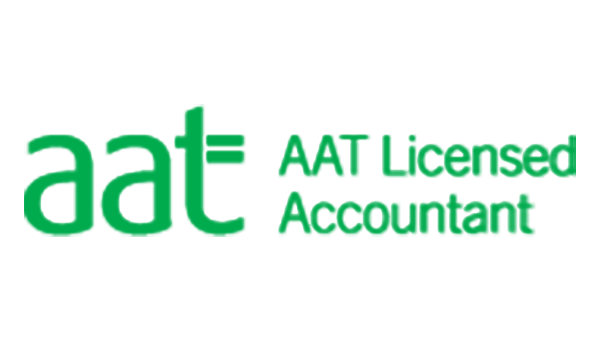
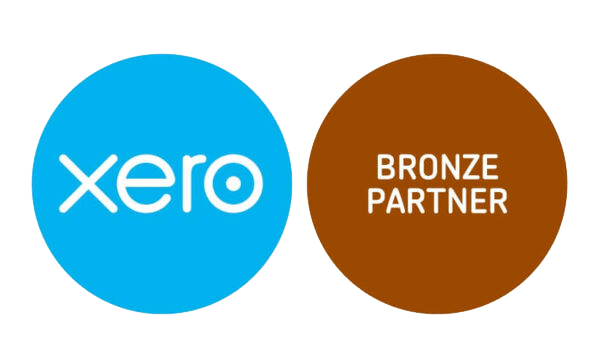
Leave A Comment